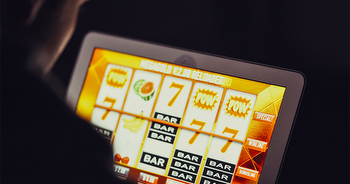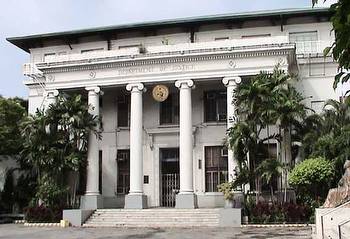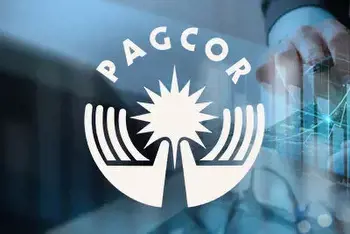Philippine Office Market Could Tank on New Gambling Tax

A new tax on online gambling operators in the Philippines could drive up the nation’s already high office vacancy rate.
The tax, signed into law last month by President Rodrigo Duterte, may prompt foreign gambling outfits and Chinese-owned companies in particular to move elsewhere, according to Hong Kong’s South China Morning Post. Vacancy rates may rise to 18 percent by the end of the year, the highest in 17 years, said Claro Cordero Jr., the local director of research at Cushman’s.
The measure imposes a 5 percent tax on gross revenues of overseas-owned gaming companies, also known as Philippine offshore gaming operators, or Pogos. Foreigners employed by them must pay a 25 percent withholding tax. The nation is losing as much as 300 billion pesos ($59.2 million) a year to Pogos that move money overseas, according to local accounting firm Isla Lipana.
“With the new and expanded tax regulations, both on the operations and employment of foreign nationals, Pogos may decide to locate in other jurisdictions,” Cordero said.
Like many industries, Pogos have been hit hard by the pandemic. More than half the nation’s 60 registered Pogos have shuttered since it began. They occupy 3.4 million square feet of office space in metropolitan Manila, the capital, compared with 13.5 million in 20019, pushing vacancies to a 12-year high of 12.2 percent.
Improving relations between China, where online gambling is illegal, and the Philippines helped bring more Pogos to the nation. Yet a new administration after next year’s presidential elections could bring a new, less friendly leader, the Post reported.
Taxes are one of many factors making life expensive for Pogos, according to Michael McCullough, a managing director at KMC Savills.
“It’s also important to note that the taxes are all above the line,” he said. “There are many bribes, kickbacks and red tape, which is also part of operating as a Pogo. The above board and below the table taxes are what’s truly killing the Pogo industry in the Philippines.”







